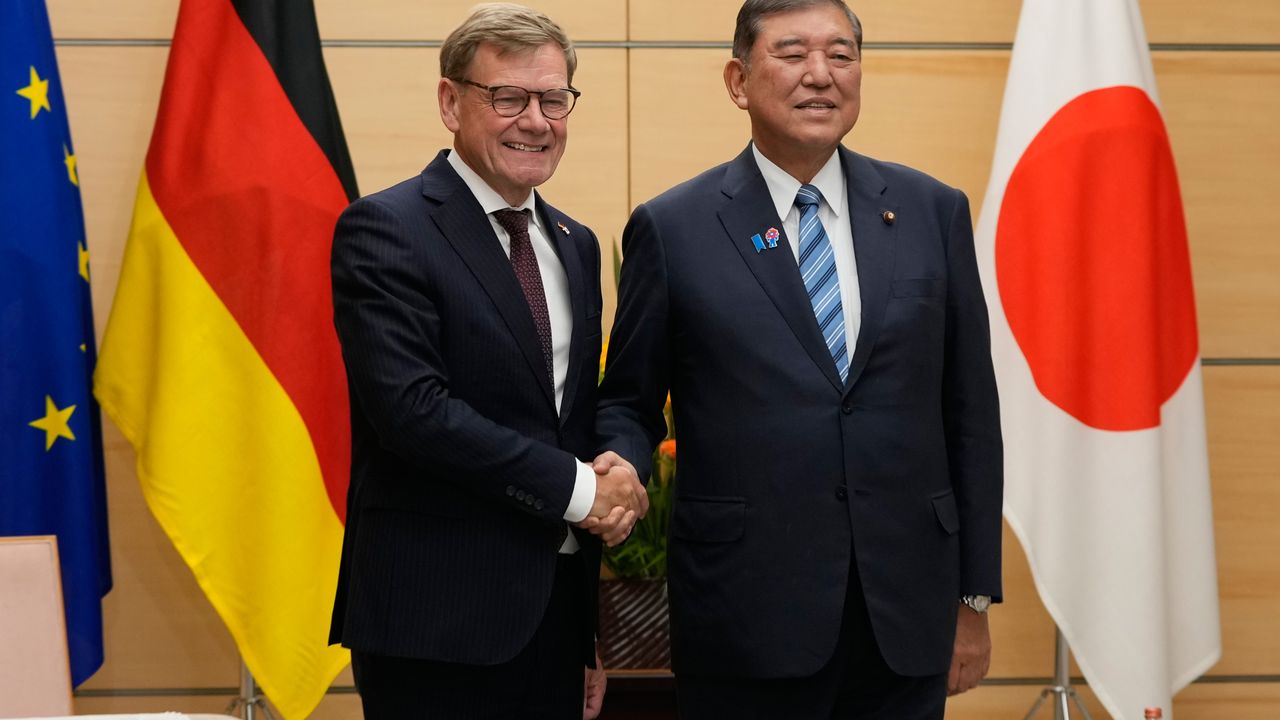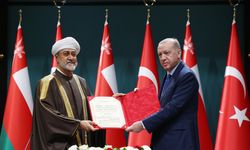Japan and Germany agreed to strengthen security cooperation during their first strategic dialogue held in Tokyo on Monday.
The meeting was chaired by Japanese Foreign Minister Takeshi Iwaya and German Foreign Minister Johann Wadephul, who is on a three-day visit to Japan. Both sides emphasized the need to deepen bilateral coordination in response to rising global and regional security challenges.
Iwaya stated that the international order is under “severe challenges” and highlighted the growing importance of cooperation between the two nations. Wadephul described Japan as a key partner in Asia and noted Berlin’s intention to expand joint efforts.
Last year, a bilateral acquisition and cross-servicing agreement came into effect, enabling more joint training between the Japan Self-Defense Forces and the German military. The two ministers also agreed to increase dialogue on security matters and expand cooperation in areas such as cyber defense.
During the press conference, Wadephul voiced concern over the situation in the Taiwan Strait and the South and East China Seas, saying China “repeatedly threatens” to change the status quo. He warned that any escalation would have serious implications for international trade and global security.
China’s Foreign Ministry rejected the remarks, calling Taiwan an internal matter and urging relevant parties to avoid provocations. Spokeswoman Mao Ning said the situation in the East and South China Seas remains generally stable and stressed the need to resolve disputes through dialogue.
The ministers also discussed the war in Ukraine, pledging to continue close coordination in pursuit of what they described as a just and lasting peace. They exchanged views on North Korea, the Middle East, and Africa.
Japan and Germany, which established diplomatic relations in 1861, are members of both the G7 and G20. Bilateral trade in recent years has reached more than $47 billion.







